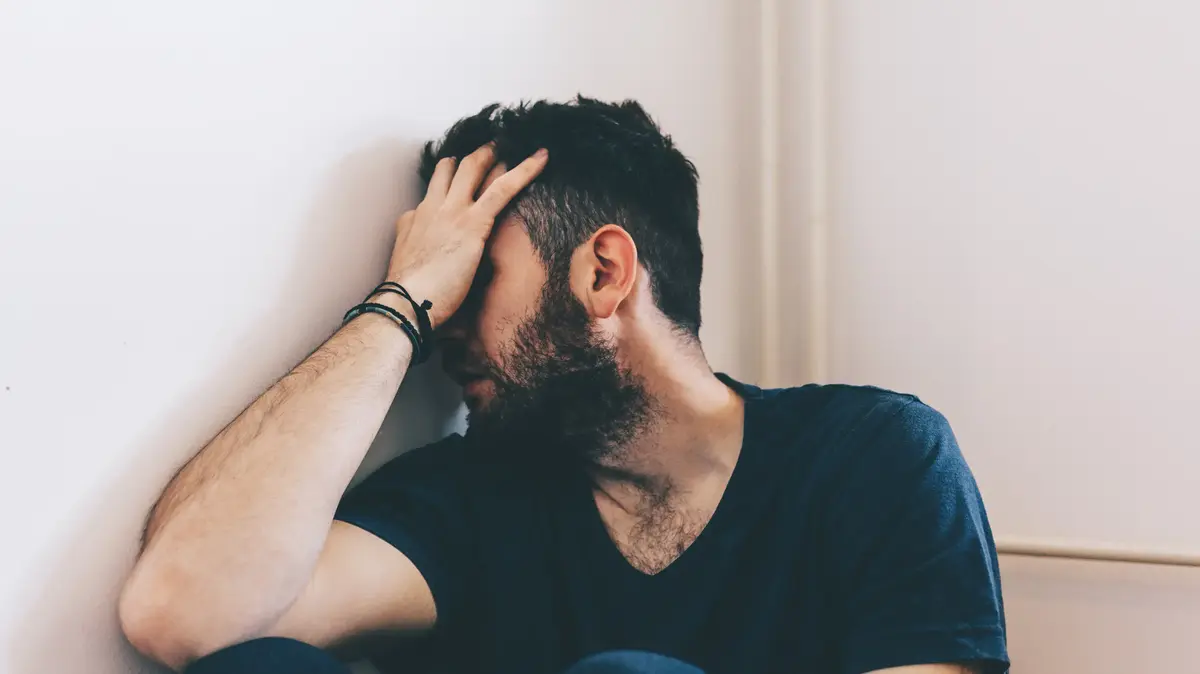While Germany is talking about the Corona warning app, a completely different app has just started in Berlin that can also protect human lives.
The system is called Katretter and was developed by the Fraunhofer Institute for Open Communication Systems (Fraunhofer FOKUS) on behalf of the Berlin fire brigade.
Whenever an emergency call comes in on the number 112 and the dispatcher suspects a cardiovascular arrest, he not only sends an ambulance and an ambulance vehicle.
In addition, he also alerts first aiders via Katretter, who are sent the location on their smartphone.
Until the rescue service arrives, you should initiate immediate life-saving measures - because with every minute in which nothing happens, the probability of a successful resuscitation decreases by around ten percent.
The system alerts three people at the same time so that tasks can be properly shared on site.
In the urban area, these should be located 500 meters around the deployment site, in peripheral locations they are searched for within a radius of 1000 meters.
The system in Berlin needs 40,000 registered first aiders, i.e. around one percent of the population, in order to function promisingly.
The fire brigade estimates that in Berlin alone there is an alarm message about 40 times a day, which could lead to cardiovascular arrest.
Icon: enlarge
"Really good chances for patient survival" - resuscitation by first aiders
Photo:
imago images / Cavan Images
Katretter joins various smartphone projects that try to bridge the time until the rescue service arrives in a meaningful way and that are being established in more and more regions.
One of the pioneers is the "Mobile Retter" project, which was started in 2013 in the Gütersloh district.
One is particularly far in Freiburg im Breisgau.
There they rely on the alerting of trained helpers, as a rule these are employees of emergency services or hospitals and volunteers from aid organizations such as the DRK.
According to Michael Müller, anesthetist and head of the Freiburg program, the "Region of Lifesavers" project is going splendidly;
there were more than 900 registered first aiders and during the Corona period there was "a real boom" because more and more helpers were registered, according to Müller.
Reports on life-saving missions in the local press in particular led to many letters from medically trained people who would like to be part of the project.
Müller, who heads the Clinic for Anaesthesiology, Intensive Care and Emergency Medicine at St. Josef Hospital in Freiburg, has a vision for the perfect rescue operation when everything is at stake: The cardiac massage should be initiated immediately by bystanders; Smartphone rescuers are taken over, who then also ventilate and use an early defibrillator.
Ambulance would take over as soon as he got there.
"With a concept like this, we have really good chances for the patient to survive," says Müller.
There is ample need for innovations in emergency medicine.
Every year around 50,000 people in Germany suffer sudden cardiac death - this corresponds to all residents of a city the size of Ravensburg, Goslar or Speyer.
In only 40 percent of the cases, first aiders initiate measures before the rescue service arrives.
Strange digital world: dictating through the mask
I like to use the dictation function of my smartphone or smartwatch.
Sure, the system makes mistakes and doesn't always understand me.
But now things are going surprisingly well between us.
If it weren't for the mask.
Speaking through normal mouth and nose protection, the software understands me much worse, but still acceptable.
Dictated by an FFP-2 mask, the speech recognition fails completely.
Incidentally, the phenomenon is known from the hospital: There are devices with which you can speak a finding during the examination.
Because masks are currently also worn during ultrasound examinations for safety reasons, there is sometimes a lot of gibberish.
External links: three tips from other media
Music industry fights against YouTube downloaders (German, radio report, 4:06 listening time) So far you could download YouTube videos without any problems.
Under pressure from the music industry, this has now become difficult, reports Deutschlandfunk Nova - although such downloads for private use are not generally prohibited.
How to apply for a job in 2030 (German, three minutes to read) The letter of motivation has had its day, believes this "Business Punk" columnist.
Companies would already know everything about potential employees by systematically scanning social media profiles.
Even employment contracts would soon no longer exist in this vision.
Activists Turn Facial Recognition Tools Against the Police Police authorities in the US use facial recognition to identify suspects - a man from Portland turns the tables: The New York Times describes how he used the technology Trying to identify police officers who do not reveal themselves.
I wish you a nice autumn week,
Your Martin U. Müller















